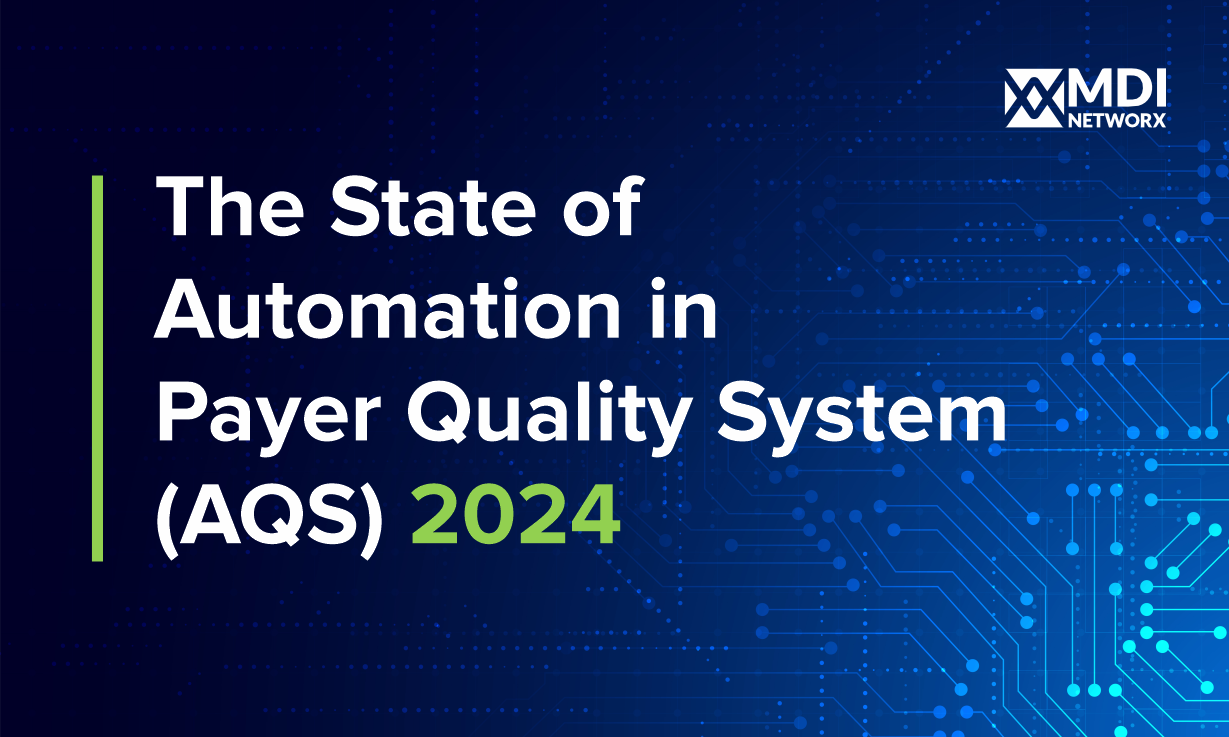Payer data intelligence is a game changer for businesses in the healthcare industry.
By collecting and analyzing data from insurance companies or other payers, healthcare providers can gain valuable insights into patient behavior, treatment outcomes, and cost efficiency.
We have examined the potential benefits of leveraging data intelligence in the healthcare payer industry, as well as the challenges of unlocking this data. We will also provide recommendations for how healthcare providers can effectively leverage payer data intelligence.
What Is Payer Data Intelligence?
As you may already be aware, data intelligence is the information insurance companies or other payers collect and analyze from their payers. This data can include information on patient demographics, treatment utilization and outcomes, and healthcare costs.
By analyzing this data, healthcare providers can gain valuable insights into patient behavior and treatment patterns. They can identify which treatments are most effective for certain conditions, or which patients are at the highest risk for complications.
Why It Matters
Data intelligence is becoming increasingly important in the healthcare industry for several reasons:
- Improving patient outcomes: By analyzing payer data, healthcare providers can identify which treatments are most effective for certain conditions. This can help them make more informed treatment decisions and improve patient outcomes.
- Reducing healthcare costs: Payer data can also help healthcare providers identify areas where they can reduce costs without compromising patient care. For example, they can identify which treatments are overused or which patients are at high risk for readmission.
- Enhancing population health management: By analyzing payer data, healthcare providers can identify trends and patterns in patient health that can inform population health management strategies.
- Facilitating value-based care: Payer data can also help healthcare providers track and measure the value of different treatments and interventions. This can help them move towards a more value-based model of care.
Common Challenges for Healthcare Payers
Despite the potential benefits of payer data intelligence, some obstacles must be surmounted to unlock its full potential:
Privacy concerns
One of the main concerns around data intelligence is privacy. Patients may be hesitant to share their data with insurance companies or other payers, particularly if they are concerned about how it will be used.
Healthcare providers must address these concerns by being transparent about how they collect and use payer data. All relevant privacy regulations, such as HIPAA, must also be adhered to by healthcare professionals.
Data management and analysis
Another challenge of data intelligence is data management and analysis. To gather and analyze massive amounts of data insightfully, healthcare providers need to have the right equipment and knowledge.
This requires investment in technology and personnel, as well as a commitment to ongoing training and professional development.
Legal and regulatory issues
Finally, there are legal and regulatory issues that must be addressed when it comes to payer data intelligence. The Affordable Care Act and other pertinent laws, such as HIPAA, must be complied with by healthcare providers.
They must also be aware of any legal risks associated with using payer data, such as the potential for discrimination or privacy violations.
The Evolution of Payer Data Intelligence
The use of data intelligence in healthcare is not a new concept. Insurance claims data has been used for decades to inform healthcare decision-making.
And yet, advances in technology have led to the increasing availability of data. Healthcare providers can collect and analyze payer data with ease at a low cost, opening up new possibilities for leveraging this data to improve patient care and reduce costs.
Current Trends
Some of the current trends in payer data intelligence include:
- Real-time data collection and analysis: With advances in technology, it is now possible to collect and analyze up-to-date payer data with real-time data analytics. This assists healthcare workers in treatment decisions and lets them respond more quickly to changes in patient health.
- Integration with electronic health records: Electronic health records and payer data can be combined to give a more comprehensive picture of a patient's health. This allows healthcare providers to make thorough treatment decisions and can improve patient outcomes.
- Use of predictive analytics: Predictive models can be created using payer data to pinpoint patients who are most likely to develop a given ailment or its complications. This can help healthcare providers intervene earlier and eliminate the risk of future health concerns before they arise.
Data Intelligence Application for Healthcare Payers
Despite these challenges, payer data intelligence has many potential applications in healthcare. Some of these include:
Improving patient outcomes
Healthcare professionals can find the most effective remedies for particular illnesses by studying payer data. This can help them make more informed treatment decisions and improve patient outcomes.
Reducing healthcare costs
Healthcare providers can find areas of cost reduction using payer data without sacrificing patient care. For example, they can identify which treatments are overused or which patients are at high risk for readmission.
Enhancing population health management
By analyzing payer data, healthcare providers can identify trends and patterns in patient health that can inform population health management strategies.
Facilitating value-based care
Payer data can also help healthcare providers track and measure the value of different treatments and interventions. This can help them move towards a more value-based model of care.
The Future of Data Intelligence In The Payer Industry
The future of data intelligence for healthcare payers is bright. Emerging technologies and tools are making it easier and more cost-effective to collect and analyze payer data than ever before.
Some of the potential future applications of payer data intelligence include:
- Personalized medicine: Based on each patient's specific health requirements and risk factors, payer data can be utilized to create individualized treatment programs.
- Telehealth: Payer information can be used to pinpoint which patients will gain the most from telehealth services like remote monitoring or virtual consultations.
- AI and machine learning: AI and machine learning algorithms can be created using payer data to assist healthcare practitioners in making better treatment decisions.
Conclusion: Unlock Your Growth With Data Intelligence
Data intelligence has the potential to revolutionize the healthcare industry by providing valuable insights into patient behavior, treatment outcomes, and cost efficiency. To do this, healthcare businesses must unite in addressing privacy concerns, data management, and analysis.
Despite these challenges, payer data intelligence has many potential applications in healthcare, including improving patient outcomes, reducing healthcare costs, enhancing population health management, and facilitating value-based care.
By investing in the technology and personnel needed to collect and analyze payer data, healthcare providers can improve patient care and reduce costs. Data intelligence of healthcare payers looks to be a promising tool in the future, and we are interested to see how it will develop in the coming years.




